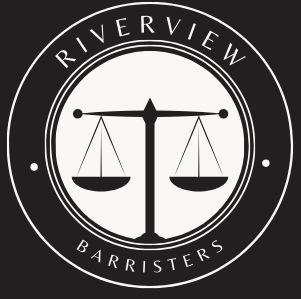Those aiming to enter Yale Law should first boost their grades and LSAT scores before writing compelling essays that reflect your unique experiences and viewpoints.
Yale Law students enjoy access to one of the world’s premier legal libraries as well as shaping debate on key issues through Yale Law Journal.
Location
Yale Law School occupies one city block at the heart of Yale University and downtown New Haven. Its buildings include the Sterling Law Building modeled after English Inns of Court; Lillian Goldman Law Library; classrooms, faculty offices, student lounges and dining halls clustered around three courtyards;
The school has earned international renown for its research and teaching, boasting of excellence in comparative constitutional law, commercial taxation law, international law, legal history, gender studies and law & economics. Dean Harold Koh has made human rights work one of his main focuses at the school.
Yale Law offers students unparalleled opportunities for public service and hands-on experience working on real-world problems, from clinics that represent clients such as migrant workers or victims of domestic violence to externship programs and joint degrees with programs at other Yale departments such as Divinity, Forestry & Environmental Studies or Management.
Admissions
Yale Law School, situated in New Haven, Connecticut is part of one of the world’s prestigious research universities. Students benefit from accessing one of the premier domestic, foreign and international legal collections available; world-renowned museums for art and natural history studies; theaters, movies clubs restaurants bookstores as well as recreational facilities.
YLS is known for its rigorous academic standards and extensive student-faculty interactions. Instead of using traditional grading curves, class performance at YLS is evaluated based on each student’s accomplishments individually.
Yale’s admissions process is highly competitive and requires strong grades, an impressive LSAT score, and a personal statement highlighting your unique perspectives and skills. Shemmassian Academic Consulting recommends prioritizing quality over quantity in their application materials – particularly letters of recommendation – when seeking admissions to Yale. In general, two letters from professors who know your academic abilities would be ideal, although other sources such as employers, coaches or coworkers will suffice if this option is unavailable to them.
Requirements
Yale stands out in an environment of ultra-competitive law schools as an oasis of possibility, where ambition can flourish openly and intellectual prowess and leadership qualities are prized traits.
Yale’s admissions committee places great value in essay applications, seeking to discern depth and foresight beyond GPAs and LSAT scores. Your essay provides the perfect opportunity for you to showcase your ability to think critically while sharing compelling personal perspectives.
Yale requires two letters of recommendation from professors who know you well and can attest to your academic performance, although non-faculty sources like colleagues, employers or mentors can also be considered. Yale takes into account your personal and financial background during its admissions process as well – they pledge financial aid that meets 100% of demonstrated need.
Life at Yale
Students enrolled at Yale Law School have various housing options available to them, with most opting for East Rock as an area located north and east of campus that enables a quick commute time of 10-30 minutes to campus.
At its law school, UCLA boasts not only an impressive student body but an equally distinguished faculty including Bruce Ackerman – constitutional scholar and opinion writer; Akhil Reed Amar – an international and comparative law professor known for writing the award-winning book Why Not?;
Yale differs from many top-tier schools by not using a curve when grading class performance; therefore students’ grades are determined solely on individual performance. Therefore, applicants should aim for an LSAT score within the top 1-2% of all test takers to increase their chances of acceptance. Furthermore, Yale requires two letters of recommendation, though candidates can choose optional addenda such as diversity statements if desired. Applicants without post-college professional experience could face disadvantage; those without this experience should consider taking a gap year in order to gain relevant legal experience prior to applying.
